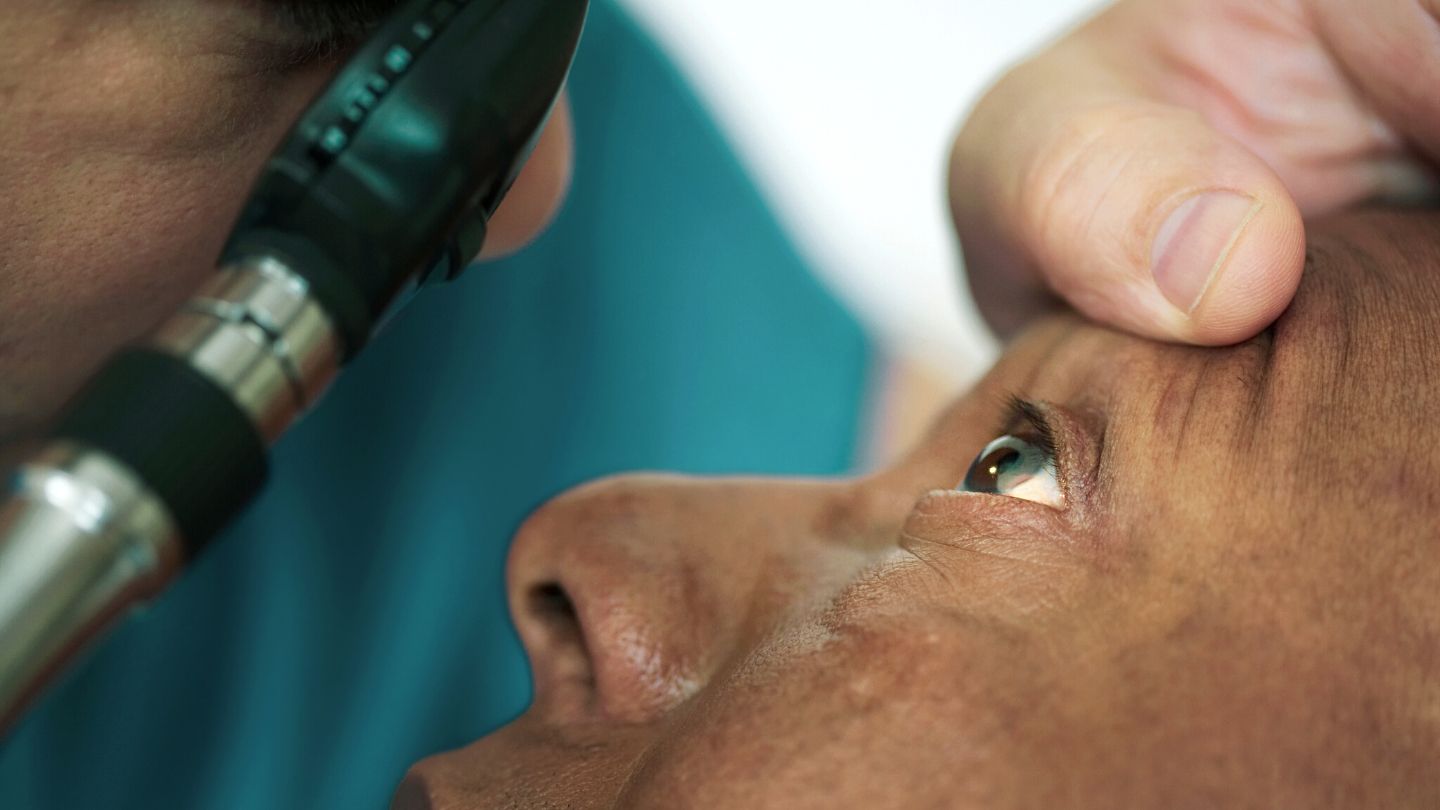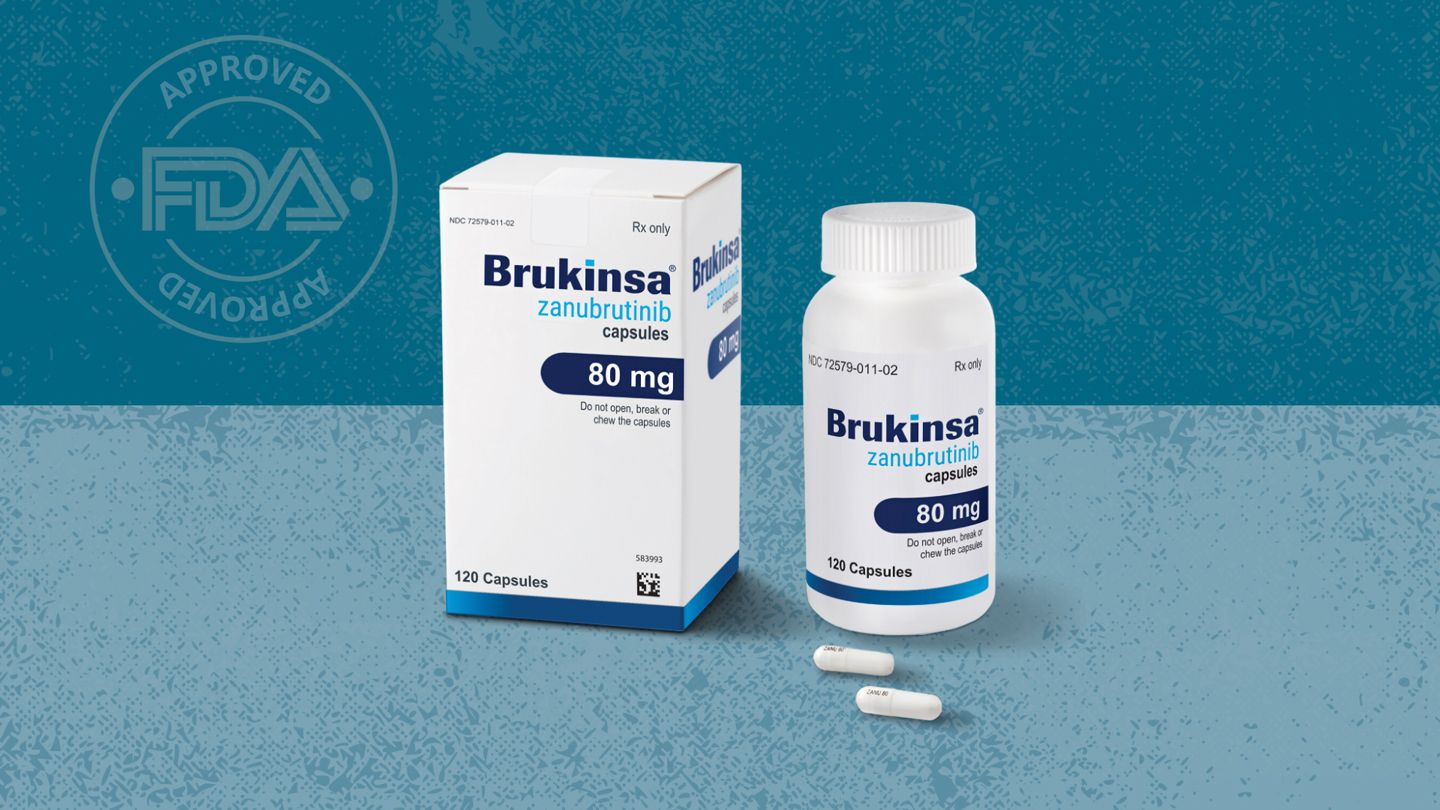Treating people in the early stages of diabetes-related eye disease may help slow the progression of the condition, but a new study also suggests that it can’t help prevent vision loss in the future.
The study, published today in JAMA, included 328 adults with type 1 or type 2 diabetes who had early-stage eye disease, also known as nonproliferative diabetic retinopathy (NDPR), in at least one eye.
Diabetic retinopathy develops when blood vessels in the light-sensitive retina weaken and leak fluid into surrounding tissue. As this condition progresses, two complications in the retina can lead to vision loss: so-called proliferative diabetic retinopathy (PDR) that involves the growth of new, abnormal blood vessels, and fluid buildup known as diabetic macular edema (DME).
Doctors can treat these patients by injecting anti-vascular endothelial growth factor (anti-VEGF) drugs into their eyes to reduce vision loss, but research to date hasn’t offered a clear picture of the best time to start injections for ideal results. Eye doctors haven’t been able to say whether starting treatment sooner might prevent vision loss once patients do develop severe diabetic eye disease.
Can You Stop Diabetic Retinopathy From Causing Vision Loss?
In the new study, scientists randomly assigned patients with early-stage diabetes-related eye disease to receive injections with either the anti-VEGF drug aflibercept (Eylea) or a placebo solution, then followed them for up to four years.
By the end of the study, people who received anti-VEGF injections had significantly less structural damage to their eye than patients who got the placebo. Overall disease progression occurred in 34 percent of eyes treated with anti-VEGF injections, compared with 57 percent in the placebo group.
But the drug didn’t cause any meaningful difference in preventing vision loss, researchers report.
“The results of this study indicate that the anatomic benefit from early anti-VEGF treatment does not result in improved visual acuity, and so it may not be worth the risk and inconvenience to the patient of repeat preventive injections for NPDR,” says senior study author Jennifer K. Sun, MD, MPH, an associate professor of ophthalmology at Harvard Medical School and the Joslin Diabetes Center in Boston.
“While the individual risk of complications per injection is low, the risk increases with each additional injection,” Dr. Sun says.
Injections for Diabetic Eye Conditions Have Small but Real Risks of Side Effects
Injecting anti-VEGF drugs is the most common procedure ophthalmologists perform and considered extremely safe, says Christina Y. Weng, MD, a professor of ophthalmology at the Cullen Eye Institute and Baylor College of Medicine in Houston. There is, however, a small risk of side effects such as severe inflammation in the eye, retinal detachment, and vision loss, says Dr. Weng, who wasn’t involved in the new study.
“A small risk of adverse events always exists, and these compound with each injection over time,” Weng says.
One open question is whether the results seen with aflibercept in this new study might also apply to two other anti-VEGF drugs: bevacizumab (Avastin) and ranibizumab (Lucentis).
“There’s no evidence that either ranibizumab or bevacizumab, given at a similar regimen, will provide a better outcome,” says Winfried Amoaku, MBBS, PhD, an ophthalmologist and associate professor at the University of Nottingham in England, who wasn’t involved in the new study.
Similar Diabetic Eye Drugs Probably Aren’t Any Likelier to Produce Better Results
Previous research suggests that anti-VEGF drugs get similar results when they’re used for other conditions, such as diabetic macular edema, Weng says. This suggests that the medicines would get similar results when they’re used to prevent vision loss for people with earlier stages of diabetic retinopathy.
“That being said, large-scale clinical trials primarily evaluating the treatment of NPDR have not been conducted with agents other than aflibercept, and thus, it is possible that a different anti-VEGF agent could give rise to different results,” Weng adds.
While the results of the new study suggest that early treatment with anti-VEGF drugs may not make sense, patients should still talk to their doctors and make a decision based on the disease status in each eye and the impact their condition is having on their daily life, Sun says.
“There may be a minority of patients in whom early treatment is warranted,” Sun says.




